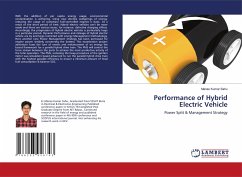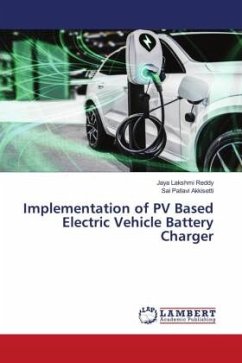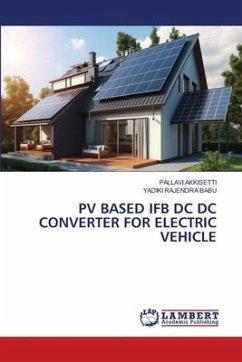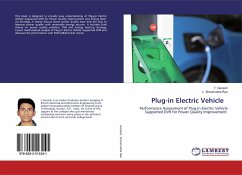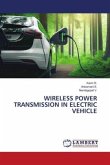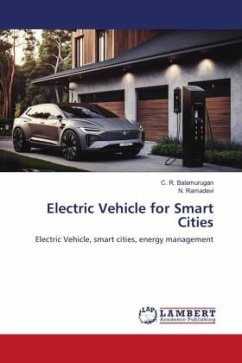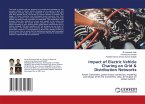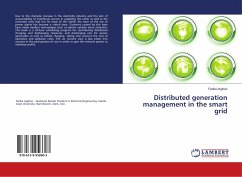With the addition of per capita energy usage, environmental contamination is withering. Using new elective wellsprings of energy, reducing the usage of customary fuel-controlled engines is basic. As a result of the short period of time, Hybrid electric vehicles can't be mass-made and there are various issues, for instance, defective charging offices. Accordingly, the progression of Hybrid electric vehicles is particularly huge in a particular period. Dynamic Performance and mileage of Hybrid electric vehicle are by and large restricted with energy Management methodology. Here another new Power Management Strategy has been portrayed for engine power similarly concerning the battery. This examination project adventure fuses the turn of events and enhancement of an energy the board framework for a parallel hybrid drive train. The PMS will control the force stream between the parts to achieve the most productive activity of the total operation. The PMS, including the heap procedure of the ignition motor was simulation based advanced to run the parallel hybrid drive train with the highest possible efficiency to ensure a minimum amount of fossil fuel consumption & balance SOC.
Bitte wählen Sie Ihr Anliegen aus.
Rechnungen
Retourenschein anfordern
Bestellstatus
Storno

